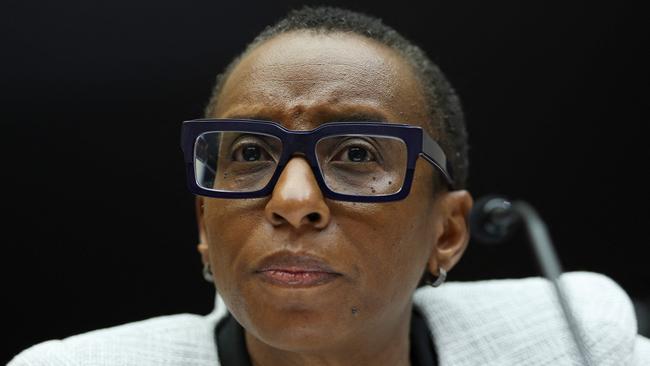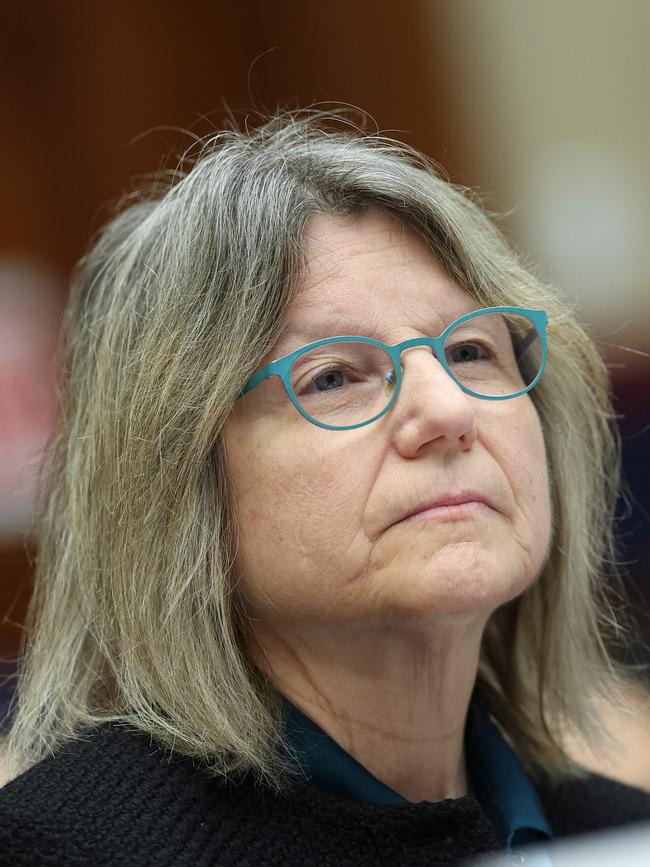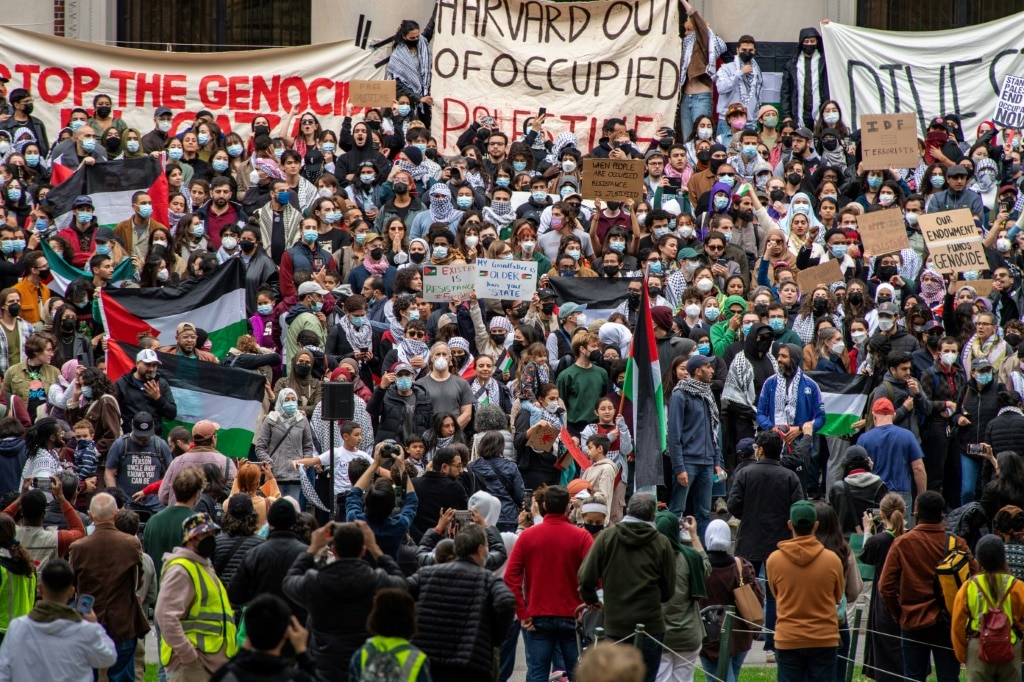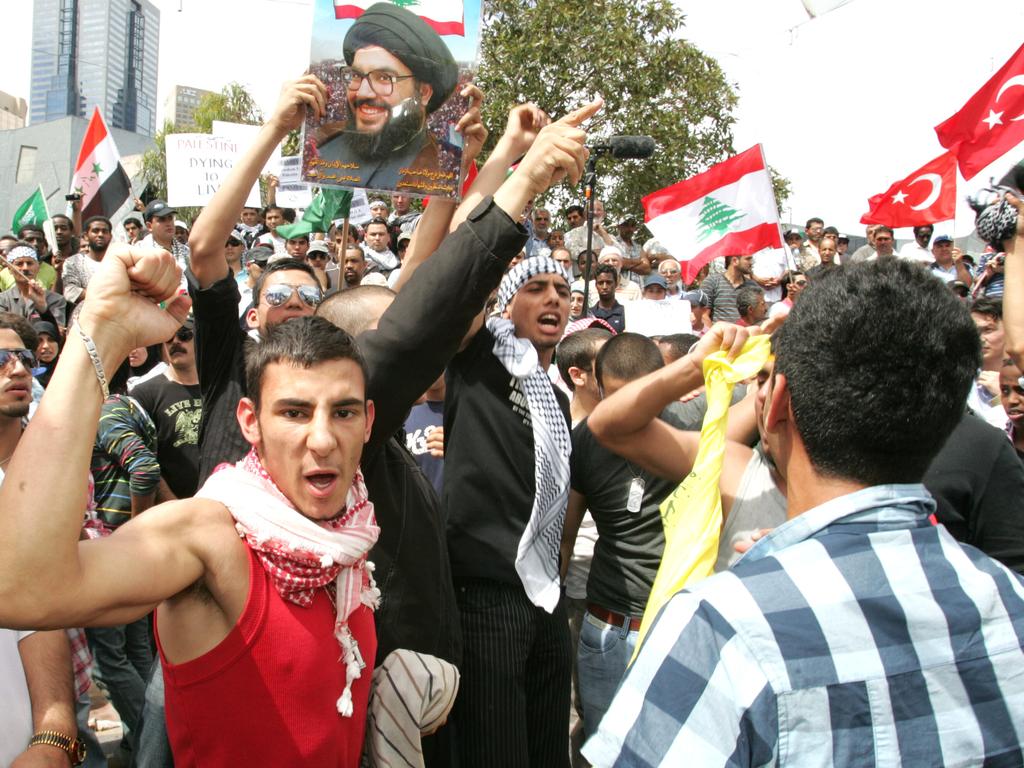University elite caught playing ‘selective free speech’


In response to their testimony – which went viral – wealthy individuals cancelled donations in the hundreds of millions of dollars, and one of the presidents, Liz Magill, has since tendered her resignation letter. Another scandal has erupted over Harvard president Claudine Gay, as it has emerged that she has quoted other scholars without citation (also known as plagiarism) throughout her career.
The scandal has been a PR fiasco worthy of study at Harvard Business School. And it is a sign that the Ivies are losing their prestige. But the reasons are complicated and belie any simple analysis.
In short, over the course of a few short decades, the universities presided over by these presidents have undergone a transformation in moral culture. At one time, they recognised everyone’s equal human dignity and held the principle of free speech as sacrosanct. However, they have now shifted towards elevating victimhood as the highest virtue while encouraging hypersensitivity to perceived injustice.
According to sociologists Bradley Campbell and Jason Manning, victimhood culture – colloquially known as “wokeness” – emerged from America’s Ivies first before spreading outwards into mainstream society.
Like a poison apple, victimhood culture looks perfectly fine from the outside, encased in euphemisms such as “diversity”, “equity” and “inclusion”. But it has a toxic core.
Its toxicity emerges when people are encouraged to see themselves as perpetual victims, and are rewarded for nurturing and prosecuting endless grievances. It was on these campuses that this ideology first spread (among some of the most privileged people in the world) and it was there that its maxims were first put into practice. Protected groups were given special status through affirmative action and other forms of positive discrimination, and students in the humanities were taught to weigh “lived experience” over objective truth.
As these ideas took hold, they manifested in tangible ways within university settings. It has culminated in the past decade in the widespread use of trigger warnings, safe spaces and microaggressions. Young adults came to behave like divas at luxury resorts, rather than students expected to study and learn. This poisonous culture seeped out into the rest of the world. Into media, corporations and Silicon Valley, and spreading all the way to Australia’s shores.

But this is where it gets complicated. Slogans such as “There is only one solution, intifada revolution” and “From the river to the sea, Palestine will be free” are protected by the First Amendment – even though they are threatening to many people. And in an ideal world, universities should be trying to adhere to the First Amendment. Freedom of expression is a foundational principle of the university.
Nevertheless, universities must grapple with the fine line between protected speech and incitement to violence. Do such chants as “From the river to the sea” cross the line? Reasonable people may disagree. What is not OK is the physical intimidation and harassment experienced by Jewish students around the world since October 7. Students have been punched and spat on. And students around the world, including in Australia, report feeling scared.
It’s worth engaging in a thought experiment here. If neo-Nazis marched through Harvard under banners with swastikas emblazoned chanting “Heil Hitler”, would the president of Harvard remind us that such chants need to be understood in “context”? Would she defend the free speech of neo-Nazis’? A genuine commitment to the First Amendment would require it. In reality, neo-Nazis would more likely be escorted off campus by security or police.
The problem is that the culture that created the concept of “microaggression” is now blind to very real macroaggressions against students attending its institutions.
But it’s a complex moral conundrum, because victimhood culture should be repudiated. It is a road to nowhere except grievance and conflict.
And, despite the very real instances of intimidation and assault, it would be a mistake for Jewish students to adopt a hypersensitive approach that interprets ambiguous messages as hostility.

Balancing the rejection of victimhood culture with fair treatment for Jewish students is not easy. A responsible administration would ensure all students are free from intimidation and the threat of physical and verbal attacks, while reminding students that they should expect to be made to feel uncomfortable in the classroom. The job of colleges is to keep students physically safe, while challenging them intellectually.
At the same time, however, it is only natural for beleaguered Jewish students to want to be treated fairly. Other student groups at colleges have successfully had statues removed, buildings renamed, academic events cancelled and speakers deplatformed, because of distant connections to slavery that they find offensive. Is it too much to ask people to stop chanting genocidal slogans in the days and weeks after a genocidal terrorist attack?
Such demands for fairness raise important questions about the treatment of different groups on campuses. If universities had consistently upheld the principles of free speech over the past two decades, scholars who investigate controversial questions related to sex and race differences would not have faced marginalisation.
Conservatives and pro-life advocates would have the freedom to host seminars for students, and feminists who argue that men cannot become women would not face deplatforming. Many other speakers whose views may be considered offensive to “woke” sensibilities would also be welcomed on campus. However, this hasn’t been the case, and universities are only now realising the importance of free speech when they find themselves in need of it.
The Ivies’ current dilemma is a consequence of their own making. They want to reject victimhood culture in this particular instance where they have failed a minority group that has legitimate grievances. However, to do so, they are appealing to principles that they abandoned long ago. In 2023, Harvard received the worst-ever free speech ranking for an American college (as judged by FIRE, an American legal non-profit).
The Ivies need to understand the principle of free speech is not one that can be applied selectively. It applies to everyone, or it does not apply at all.
Claire Lehmann is founding editor of online magazine Quillette.







Three Ivy League presidents made international headlines when they told a recent congressional hearing that calls for the genocide of Jews would only contravene their bullying and harassment policies “depending on the context”.